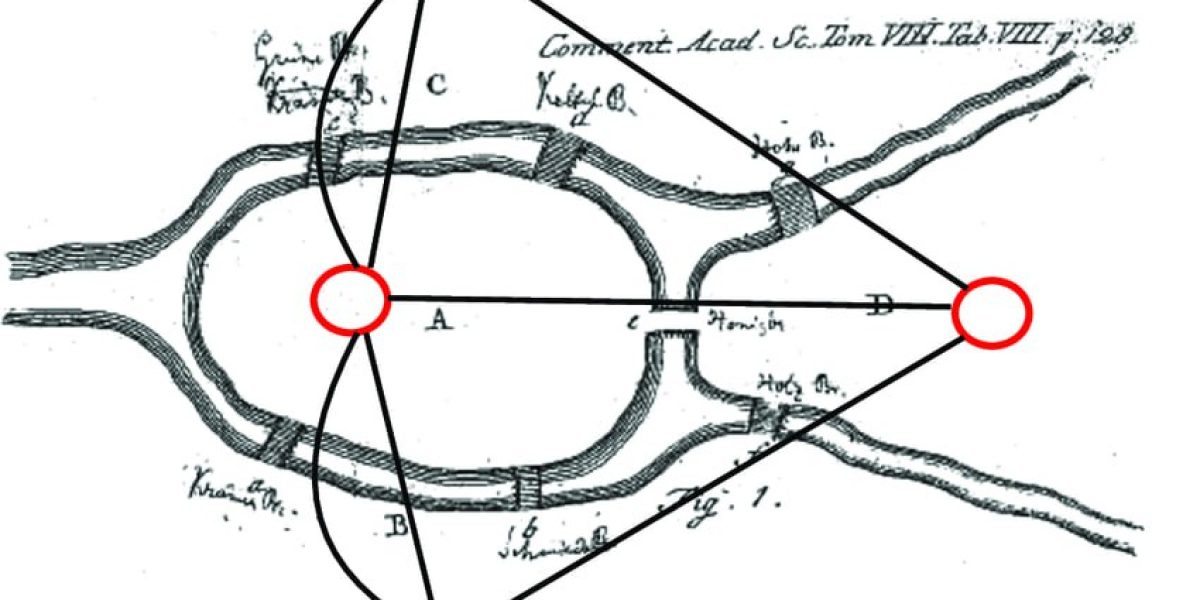Introduction to Liberal Arts Mathematics

Faculty:
Fall 2025: September 1, 2025 – December 19, 2025
Schedule: Tue, Thu 17:50 – 19:10 CET | 11:50 AM – 13:10 EDT
Subject: English
Level: 100
Credits: 4 US / 8 ECTS
Max Enrollment: 22
Language of Instruction: English
Prerequisites: No
In the Medieval European universities the Seven Liberal Arts were classified into two unequal departments: the first one, called trivium comprised Grammar, Dialectics, and Rhetorics, and the second one, called quadrivium, which was supposed to mark an upper level of study, comprised four mathematical disciplines: arithmetic, geometry, harmonics (i.e., theory of music) and (mathematically-laden) astronomy. Even if this Medieval disciplinary structure is outdated and mostly irrelevant to today’s Liberal Education, the very notion of mathematics as a liberal art remains alive and inspiring. During the last decades there were multiple attempts to develop mathematical courses specifically for Liberal Arts programs, which combined a general practical orientation with a focus on free creative mathematical theorising. The present course realises these goals in the context of today’s rapidly changing technological and informational environment. The course covers issues related to the logical architecture and conceptual foundations of modern mathematics including basic elements of Combinatorics, Geometry, Calculus, Set theory, Group theory, and Topology. In addition to the mathematical contents the course includes discussions on the role and place of mathematics in the past and today’s societies, which are supported by real-life examples demonstrating the power and the reach of mathematical reasoning far beyond its proper domain. In this course mathematics is treated as a human endeavour, an experimental site for human thought, which has a large impact on all spheres of contemporary life.
Guidelines for the Statement of Purpose:
Craft a reflective statement of purpose explaining your interest in the Smolny Beyond Borders online course. Your statement’s clarity and substance will significantly influence our selection. Convey your motivations and aspirations for this course succinctly but thoroughly. Kindly write your statement in the course’s Language of Instruction.
